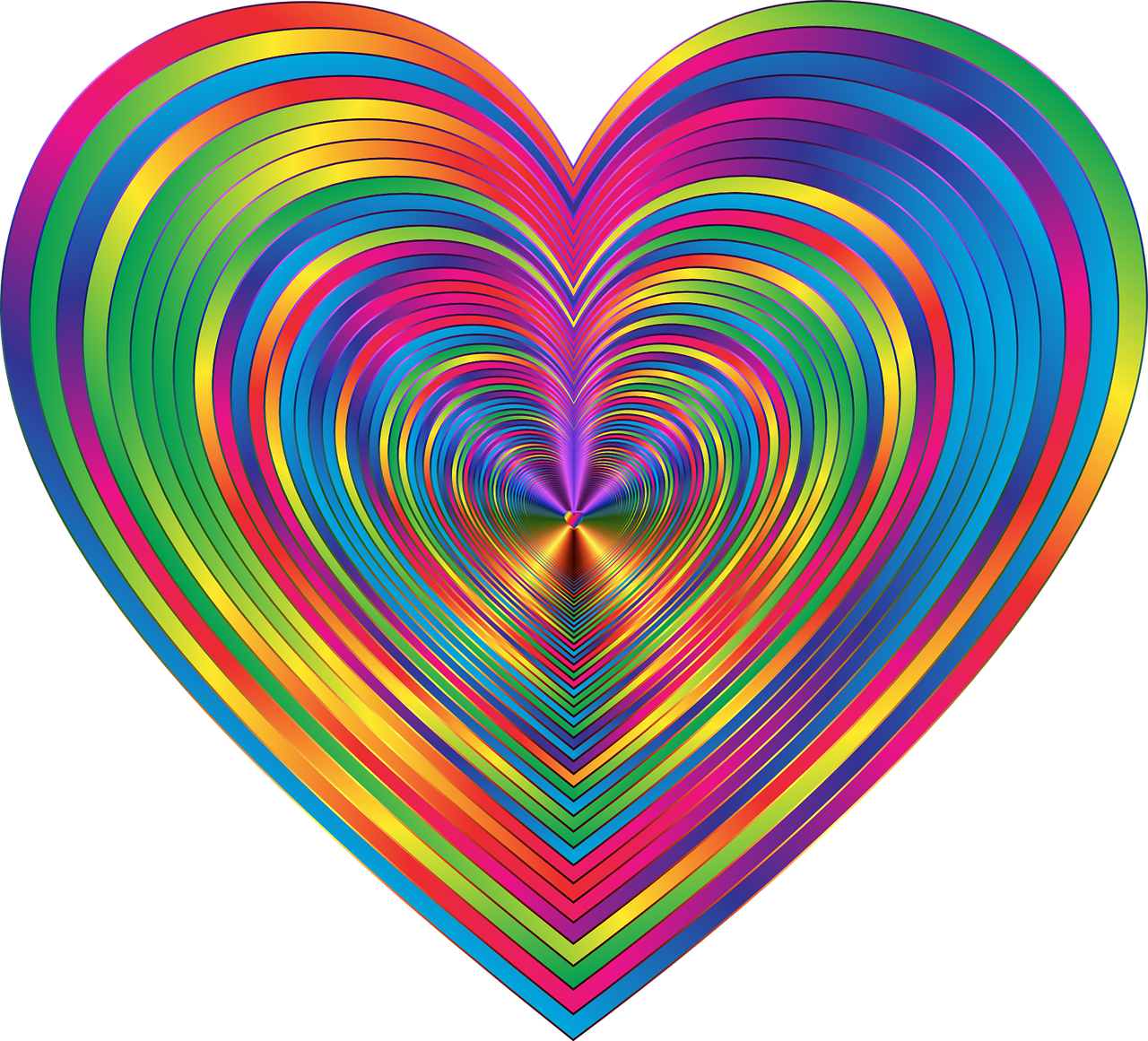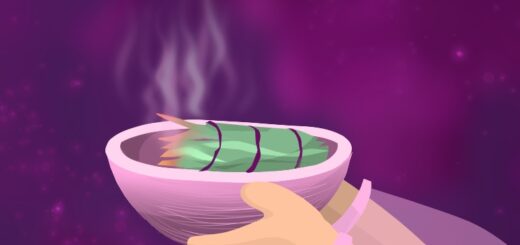Reiki and Traditional Medicine: Bridging the Healing Gap

Hey there, amazing readers! 🖐️ Just a quick note: yes, we know there are a lot of ads here. Trust us, we get it—it’s not the prettiest look, but they help us keep this blog alive and kicking. Those pesky little ads cover the costs of all the behind-the-scenes magic, from hosting and tech stuff to creating content we hope you’ll love.
We’re committed to delivering quality posts, and your support (even just sticking around despite the ads) means everything to us. So, bear with us, and thanks for helping us keep the good vibes rolling. Now, on to the fun stuff! 😉
TRANSLATE BUTTON AT THE END OF THE ARTICLE
Overview
Reiki is a form of alternative healing that originated in Japan in the early 20th century.
It involves the use of gentle touch or energy transfer to promote healing and balance in the body.
Traditional medicine, on the other hand, refers to the conventional medical practices that are widely accepted and practiced in society.
There is often a gap between Reiki and traditional medicine, as they have different approaches to healing.
However, there is potential for these two practices to complement each other and create a more holistic approach to healthcare.
This article aims to explore the relationship between Reiki and traditional medicine, the benefits of Reiki, and the potential for integrating these two practices for improved health outcomes.
The Healing Power of Reiki
Reiki is based on the belief that there is an energy flow within the body, and when this flow is disrupted, it can lead to physical, emotional, or spiritual imbalances.
Reiki practitioners use their hands to channel this energy to the recipient, promoting relaxation and healing.
The energy is believed to stimulate the body’s natural healing abilities, supporting the body’s own healing processes.
Reiki is non-invasive and does not involve the use of any medications or invasive procedures.
Understanding Traditional Medicine
Traditional medicine refers to the conventional medical practices that have been developed and practiced for centuries.
It includes the use of medications, surgeries, and other medical interventions to treat diseases and promote health.
Traditional medicine is typically based on scientific evidence and undergoes rigorous testing and research to ensure safety and efficacy.
It is the most widely accepted form of healthcare in many societies and is often provided by trained and licensed healthcare professionals.
The Gap between Reiki and Traditional Medicine
There is a significant gap between Reiki and traditional medicine due to their different approaches to healing.
Traditional medicine relies on scientific evidence and follows a standardized approach to diagnosis and treatment.
It focuses on identifying and addressing the underlying causes of diseases and conditions.
Reiki, on the other hand, is based on the belief in the existence of a life force energy that can be channeled to promote healing.
This energy cannot be measured or quantified using traditional scientific methods, which makes it difficult for traditional medicine to incorporate Reiki into its practices.
Connecting Reiki and Traditional Medicine
Despite the gap, there are ways to connect Reiki and traditional medicine to create a more holistic approach to healing.
Many healthcare professionals are recognizing the benefits of integrating complementary therapies like Reiki into their treatment plans.
By combining Reiki with traditional medical interventions, patients can potentially experience improved health outcomes.
This integration can be achieved through collaboration between Reiki practitioners and healthcare professionals, where Reiki is used as a complementary therapy alongside traditional medical treatments.
Exploring the Benefits of Reiki
Reiki offers several benefits that can complement traditional medicine.
It promotes relaxation, reduces stress and anxiety, and improves overall well-being.
Research has shown that Reiki can help alleviate pain, enhance the body’s self-healing abilities, and support emotional healing.
Many patients report feeling calmer, more balanced, and more energized after receiving Reiki treatments.
Reiki can also be used to support patients undergoing traditional medical treatments, such as chemotherapy or surgery, by reducing side effects and promoting faster recovery.
Traditional Medicine: A Tried and True Practice
Traditional medicine has a long history of successfully treating diseases and promoting health.
It has been developed over centuries and is based on scientific research and evidence.
Traditional medical practices have undergone rigorous testing to ensure safety and efficacy.
Healthcare professionals are trained and licensed to provide traditional medical treatments, and there are established standards and protocols in place to guide their practice.
Traditional medicine has proven its effectiveness in managing acute and chronic conditions, and it continues to evolve as new research and advancements are made.
Reiki: A New Approach to Healing
Reiki, although relatively new compared to traditional medicine, offers a unique approach to healing.
It focuses on the energy flow within the body and aims to restore balance and promote self-healing.
Reiki treatments are gentle and non-invasive, making them suitable for people of all ages and conditions.
Reiki can be used to address physical, emotional, and spiritual imbalances, offering a holistic approach to health and wellness.
It is a complementary therapy that can be used alongside traditional medical treatments to enhance their effectiveness and support the overall well-being of patients.
The Potential of Integrating Reiki and Traditional Medicine
Integrating Reiki into traditional medical settings has the potential to enhance patient care and improve health outcomes.
By incorporating Reiki as a complementary therapy, healthcare professionals can address not only the physical symptoms but also the emotional and spiritual well-being of their patients.
This holistic approach can promote faster healing, reduce stress and anxiety, and improve the overall quality of life for patients.
Integrating Reiki into traditional medical settings requires collaboration and open-mindedness between healthcare professionals and Reiki practitioners, as well as ongoing research to understand the best practices for combining these approaches.
Addressing the Criticisms of Reiki
Reiki has faced criticisms from skeptics who question its scientific basis and efficacy.
Some argue that Reiki is simply a placebo effect or that any perceived benefits are purely subjective.
Critics also question the lack of scientific evidence supporting Reiki’s effectiveness.
However, it is important to note that many complementary therapies, including Reiki, do not fit neatly into the traditional scientific framework.
The subjective experiences of patients and the growing body of anecdotal evidence cannot be dismissed outright.
While more research is needed to understand the mechanisms of action and quantify the benefits of Reiki, many patients and healthcare professionals have reported positive outcomes from its use.
Harmony in Healthcare: Reiki and Traditional Medicine
By bridging the gap between Reiki and traditional medicine, healthcare providers can offer a more comprehensive and holistic approach to healing.
Integrating Reiki into traditional medical settings allows patients to benefit from both approaches, addressing their physical, emotional, and spiritual needs.
This collaboration requires open communication, mutual respect, and a willingness to explore different perspectives.
Healthcare professionals can provide the scientific expertise and evidence-based treatments, while Reiki practitioners can offer their unique skills in energy healing and support.
Together, they can create a harmonious healthcare environment that puts the patient at the center of their care.
Bridging the Gap: Reiki in Traditional Medical Settings
Integrating Reiki into traditional medical settings can be achieved through various approaches.
Healthcare institutions can consider offering Reiki as a complementary therapy alongside traditional medical treatments.
They can incorporate Reiki practitioners into their multidisciplinary teams, providing patients with a range of treatment options.
Training programs can also be developed to educate healthcare professionals about the principles and benefits of Reiki, enabling them to integrate it into their practice.
Bridging the gap between Reiki and traditional medicine requires a shift in mindset and a recognition of the potential benefits of a holistic approach to healthcare.
A Holistic Approach to Healing: Reiki and Traditional Medicine
In conclusion, Reiki and traditional medicine have different approaches to healing, but there is potential for them to complement each other and create a more holistic approach to healthcare.
Reiki offers unique benefits, such as promoting relaxation, reducing stress, and supporting emotional healing.
Traditional medicine, on the other hand, provides evidence-based treatments that have been proven effective in managing diseases and promoting health.
By integrating Reiki into traditional medical settings, healthcare professionals can address the physical, emotional, and spiritual needs of their patients, leading to improved health outcomes.
Bridging the gap between Reiki and traditional medicine requires collaboration, open-mindedness, and ongoing research to understand the best practices for combining these approaches.
Ultimately, the goal is to provide comprehensive and patient-centered care that supports the overall well-being of individuals.

The Enlightenment Journey is a remarkable collection of writings authored by a distinguished group of experts in the fields of spirituality, new age, and esoteric knowledge.
This anthology features a diverse assembly of well-experienced authors who bring their profound insights and credible perspectives to the forefront.
Each contributor possesses a wealth of knowledge and wisdom, making them authorities in their respective domains.
Together, they offer readers a transformative journey into the realms of spiritual growth, self-discovery, and esoteric enlightenment.
The Enlightenment Journey is a testament to the collective expertise of these luminaries, providing readers with a rich tapestry of ideas and information to illuminate their spiritual path.
Our Diverse Expertise 🌟
While our primary focus is on spirituality and esotericism, we are equally passionate about exploring a wide range of other topics and niches 🌍📚. Our experienced team is dedicated to delivering high-quality, informative content across various subjects ✨.
To ensure we provide the most accurate and valuable insights, we collaborate with trusted experts in their respective domains 🧑🏫👩🏫. This allows us to offer well-rounded perspectives and knowledge to our readers.
Our blog originally focused on spirituality and metaphysics, but we’ve since expanded to cover a wide range of niches. Don’t worry—we continue to publish a lot of articles on spirituality! Frequently visit our blog to explore our diverse content and stay tuned for more insightful reads.





